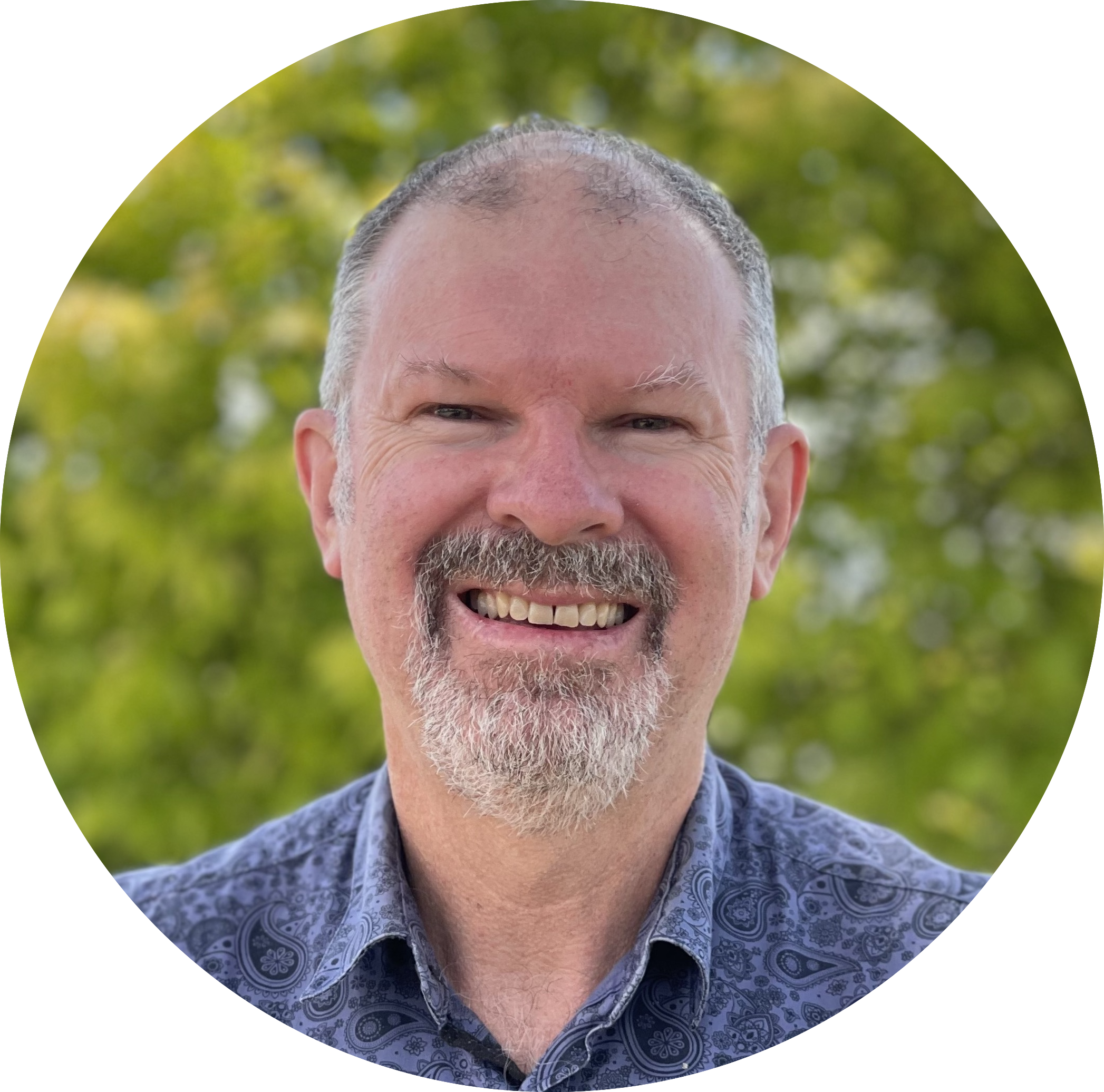“So sad, too bad”: Robodebt, conflict and pride
If you have been following the recent Royal Commission into Robodebt (a government debt-recovery program that went horribly wrong), then you might have found the alleged response of “So sad, too bad” from senior officials at Centrelink distressing. Yet numerous witnesses referenced these words as the standard response of ministers and senior bureaucrats, when alerted to the avalanche of complaints and concerns that had been raised to the scheme. What can we learn about conflict, peacemaking, pride and apologies from this tragic tale?
Concerns were raised not only by those on social welfare, when confronted with inexplicable large debts and the subsequent strident demands from debt collectors for repayment, but also from those working at Centrelink who were trying to raise the alarm at the front line of the debacle. Tragically, story after story has emerged from the Royal Commission of poor, marginalised people who, when faced with a huge debt and their computer-generated, algorithmic guilt, took their own lives. Suicide of course, is a complex and tragic response to any conflict. Yet here it is alleged that “there was a culture of fear and pressure” in order to achieve the politically advantageous recovery of debt for the government.
Of course conflict is a challenge for all of us, and we typically choose to either escape (Peacefake) or attack (Peacebreak), those we find ourselves in conflict with. How much harder is it to choose a peacemaking path when it is the government that has presumed you guilty and used the full force of the law to bear down on you? Yet Jesus’ words in Matthew 7:3-5 are still relevant.
“And why worry about a speck in your friend’s eye when you have a log in your own? How can you think of saying to your friend, ‘Let me help you get rid of that speck in your eye,’ when you can’t see past the log in your own eye? Hypocrite! First get rid of the log in your own eye; then you will see well enough to deal with the speck in your friend’s eye.
Matthew 7:3-5
Failure to admit failure
A common factor in the responses of those called to give account for the Robodebt tragedy is a breathtaking lack of ownership for the terrible cost of their actions. Their defence, “I was told it was legal” appears to be being used to obscure the political value for a government that was seen to be catching “all those welfare cheats”, that the shock jocks just love to hate. Yet for us to really understand Jesus’ warning in Matthew 7 and the dynamics at play, we need to remember that it is not just politicians who struggle to admit failure and to unreservedly apologise, when they get it wrong.
Jesus’ words clearly identify the human condition of pride (the log) that so easily blinds each of us to seeing when our actions have hurtful consequences, whether we intend them or not. And while we can agree with Jesus about the log, on a purely intellectual level, once we add the passion and anger that accompanies conflict, our shutters often come down. Tragically, pride is also said to be the one sin that we can’t see in ourselves. Therefore we need trusted friends to speak into our lives, when and if it rears its ugly head, most especially in our conflicts.
The worst of them all?
Paul gave Timothy some excellent advice to deal with pride.
This is a trustworthy saying, and everyone should accept it: “Christ Jesus came into the world to save sinners”—and I am the worst of them all. But God had mercy on me so that Christ Jesus could use me as a prime example of his great patience with even the worst sinners. Then others will realise that they, too, can believe in him and receive eternal life.
1 Timothy 1:15-16
Humility, compassion, love and charity are the antidotes to the pride that so easily prevents us from being the people that Jesus created us to be. How amazing is it that no matter how proud or uncaring we have been, God through his spirit is continuing a new work in us each day? He enables us to see the log that’s blocking our vision, when we seek to glorify Him. Let’s also pray that the Royal Commission might bring some earthly justice for those impacted by Robodebt.
Why not join a PeaceWise hub to meet with like-minded peacemakers to wrestle with the problems such as pride and to build relationships that keep us accountable and aware on our peacemaking journeys? Find out more here.

This article was written by Paul Arundell
Paul is the Principal of Dubbo Christian school and values the power of the PeaceWise tools to equip Christian communities to build cultures of peace, especially PeaceWiseKids in the school context. Married to Helen for 36 years, they have two adult sons, a daughter and two grandchildren. In his 18 years of leading Christian Schools, biblical peacemaking has been a powerful tool in transforming lives and healing broken relationships through the power of god’s love and forgiveness.
